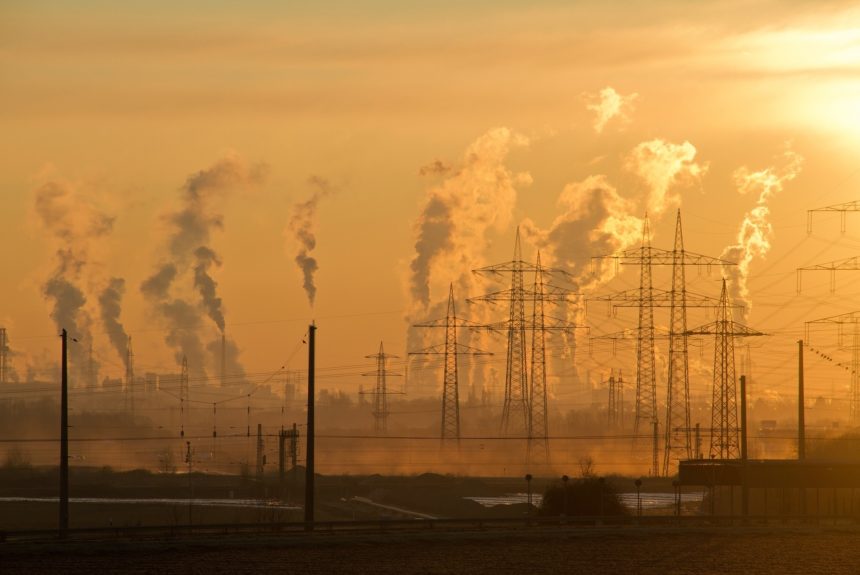By Charlotte Whelan
At the end of January, Elon Musk teased that he would be offering $100 million for a carbon removal challenge. And finally, we’ve got the details. Musk is funding a four-year global competition with the goal of pulling carbon dioxide directly from the atmosphere or oceans and storing it permanently in an environmentally-friendly way.
In the XPRIZE competition press release, Musk says: “We want to make a truly meaningful impact. Carbon negativity, not neutrality ….[W]e want teams that will build real systems that can make a measurable impact and scale to a gigaton level.”
While the full competition guidelines will be announced on April 22, 2021, which is Earth Day, the press release lays out the planned distribution of the prize money which includes funding support for the top 15 teams, student scholarships, and prize money for the top three projects totally at $50M, $20M, and $10M, respectively.
This is the sort of private climate philanthropy that everyone should support. While most of us don’t have $100 million, much less $100 million to give away, the greatest American innovation and creativity has always come from private individuals, not government mandates.
And it’s not just Elon, ExxonMobil also announced last month a new plan to invest $3 billion in carbon capture over the next five years.
Whether or not you agree with the urgency Musk expressed, we can all recognize that carbon capture and storage is a very important part of our future climate solutions. Renewable energy such as solar, wind or hydropower is neither reliable enough nor can it produce enough energy to power our country, much less the entire globe. Currently, hydroelectricity only accounts for about 6.3 percent of America’s total electricity. Wind and solar power produce similar amounts: 7.2 percent and 2.53 percent, respectively. Even with historic gains in the wind industry, we’re still a long ways off from renewable energy being reliable, affordable, and capable of producing enough energy.
Further, the most recent reports from the Intergovernmental Panel on Climate Change (IPCC), the global standard in climate science and low carbon economics, says that meeting global emissions reduction and temperature targets could be impossible without carbon capture and removal technologies. If we are all supposed to be collectively following the IPCC’s climate science, we should also collectively follow and trust their guidance on key technologies to solve the problem.
American innovators have already provided us with good options to reduce CO2 emissions: namely, nuclear power and carbon capture and storage.
Nuclear energy has long been a source of carbon-neutral, reliable energy. While nuclear power accounts for about 20 percent of U.S. electricity, it has proven itself elsewhere: In France, about 75 percent of the electricity comes from nuclear power and has led to remarkably low emissions in the country. And innovators are continuing to improve nuclear technology: small modular reactors and microreactors, currently in development, would help the U.S. to produce this carbon-neutral energy in smaller plants and lower the costs for projects to be commissioned.
While nuclear power can provide us with cheap, carbon-neutral energy, carbon capture and storage (CCS) technology that we already have is making traditional energy sources like natural gas and coal cleaner.
CCS technology has been around since the 1970s. Today, it is used throughout the United States and has the potential to capture up to 90 percent of the carbon dioxide emissions produced by fossil fuels in commercial processes for electricity and industrial use. For example, a CCS facility in Wyoming captures approximately 365 million cubic feet per day of carbon dioxide. To put it in more tangible terms, that’s equivalent to removing more than 1.5 million cars from the road.
Musk’s challenge looks to push this technology forward, to not just reduce emissions at specific facilities but actually take carbon dioxide straight out of the atmosphere. This is a daunting task but the foundation has already been built. Private industry and individual innovators should be leaders in our work to reduce carbon emissions and combat climate change. Government should avoid unreasonable and expensive mandates and make way for American innovation at work.
Charlotte Whelan is a policy analyst at Independent Women’s Forum and a member of the Steamboat Institute’s Emerging Leaders Council.
The views and opinions expressed are those of the author’s and do not necessarily reflect the official policy or position of C3.
